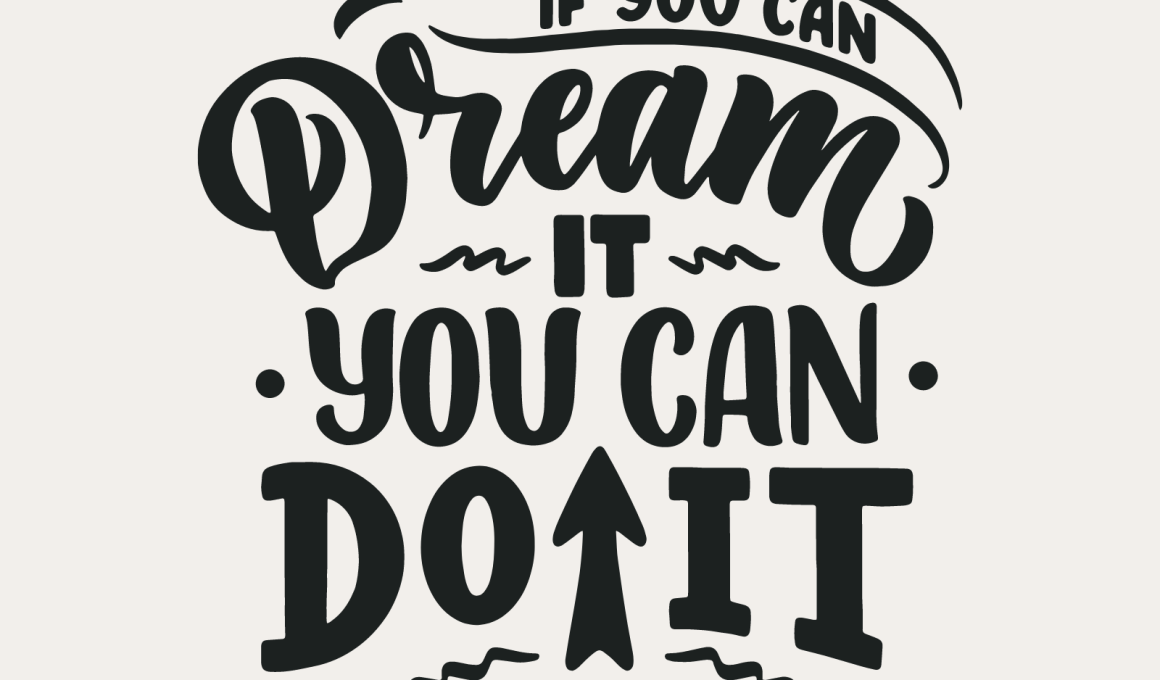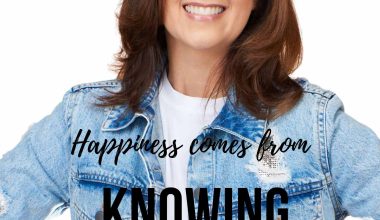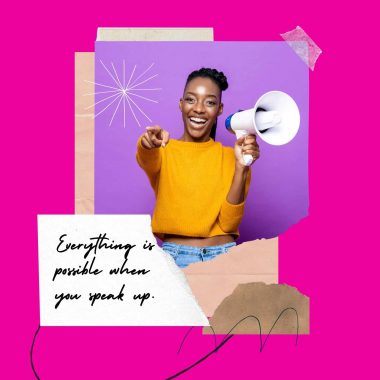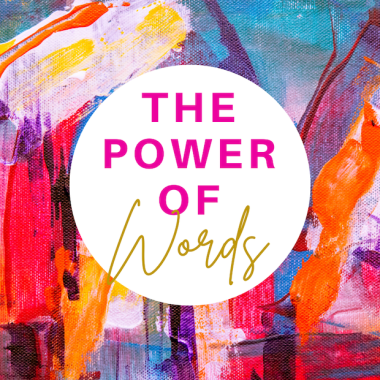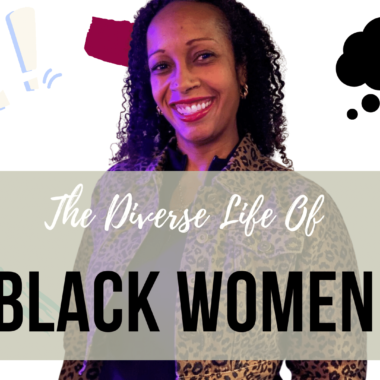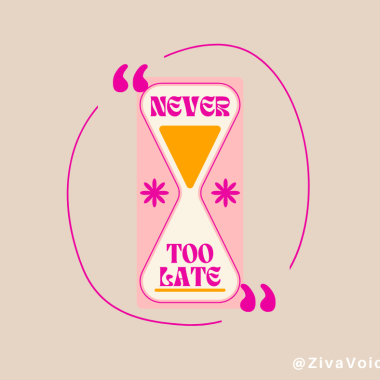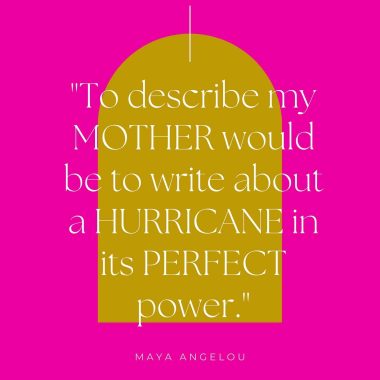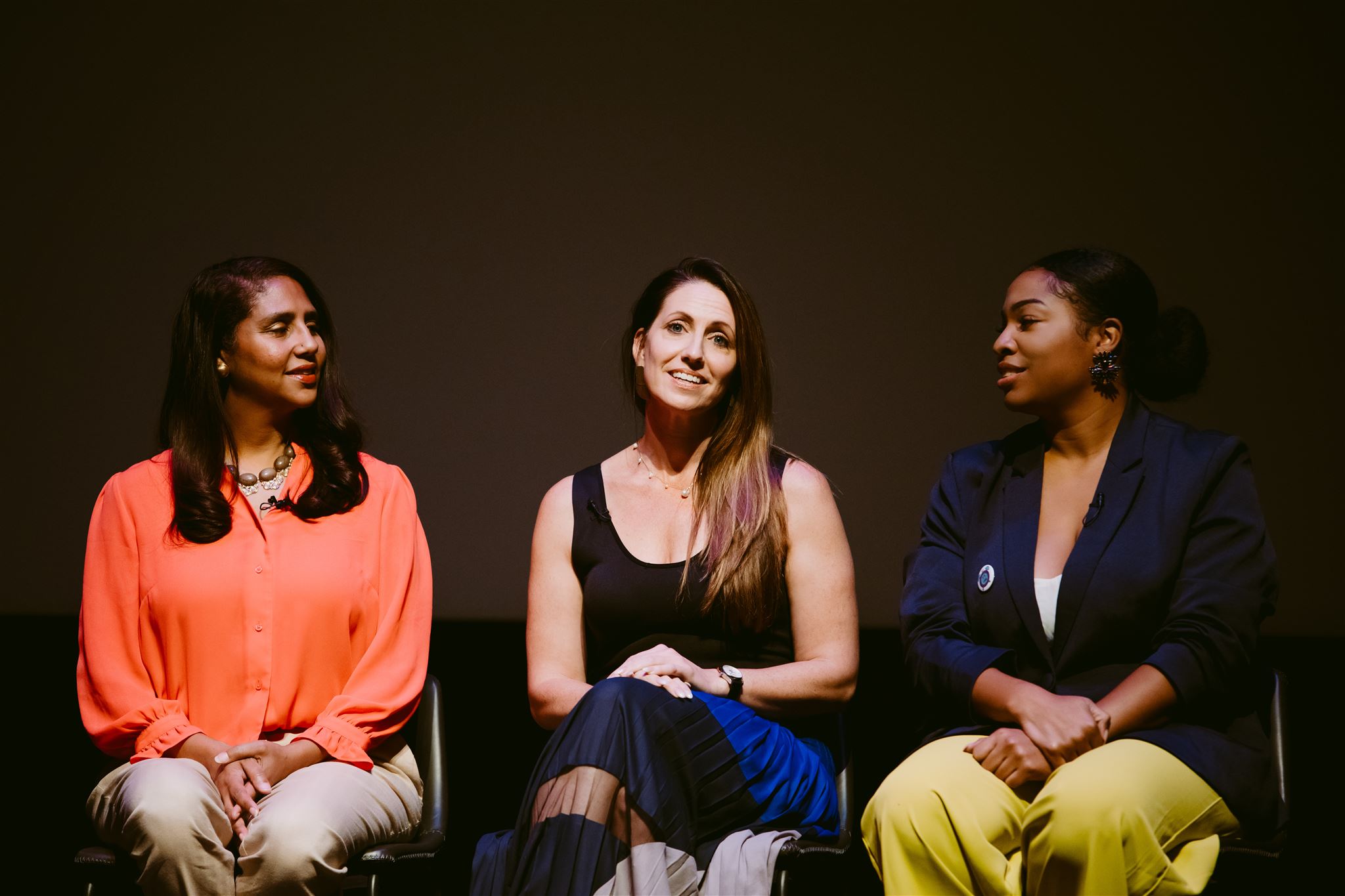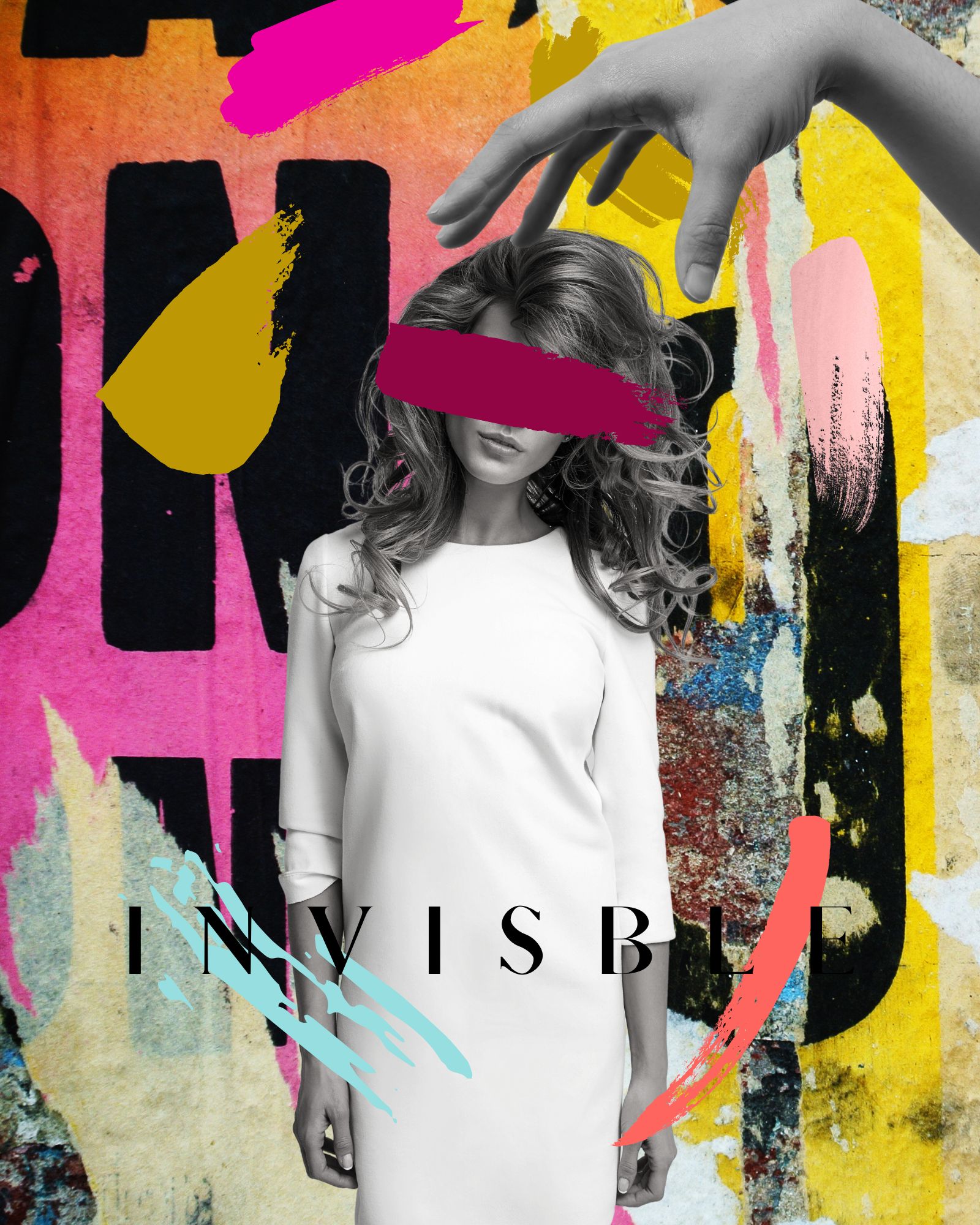The Intersection of Purpose and Power
By Wren Blae Zimmerman
We will all face challenges in life, some more and some far worse than others. It isn’t the quantity or severity of these challenges that matter, however, but rather how we react to the adversity, and what we do with it in the aftermath. Many will let these struggles define them, possibly even break them, but we all have the power inside of us to fight, and ultimately, to transform our difficult experiences into positive personal power.
For me, the challenge was a life-shattering diagnosis at age 17 that resulted in my eventually becoming blind.
With no cure, there wasn’t (and still isn’t) anything anyone could do to give me back my eyesight…or the life I thought I would have. For many years after losing my vision, I fought to stay on the path I had previously set out on; the life for which I had planned.
What I couldn’t have foreseen was that my reaction to these devastating circumstances would eventually change the trajectory of my life for the better. It would force me to reevaluate everything, figure out what was worth living and fighting for, and would push me to forge a path that I probably never would have taken otherwise.
Table of Contents
Losing my eyesight was the catalyst that made me begin to truly contemplate the quality of life and happiness, and which ultimately led me to the realization that these were crucial components not only to my career success but more importantly, to my actual existence.
We all have the power inside of us to create change. To do this though we must first understand our what and why.
Stepping towards owning power.
My first significant step towards owning my power was to realize that the path I had set out on previously wouldn’t make me happy and as a blind person, was no longer for me.
I left behind a pair of half-completed Masters’ degrees, financial stability, and a conventional and socially acceptable life plan and instead, went all-in on pursuing my lifelong dream of learning to ride and jump horses (and ultimately, becoming a professional show jumper).
I haven’t looked back since.
Modern neuroscience has proven that we really have no control over our deep, unconscious emotions and needs, but we do seem to have some control over what we do with them once we recognize them at the conscious level.
These mostly unconscious needs are, I am now aware, what drive and motivate me. They push me to want more and to strive to always be better. They are the reasons being successful is so important to me. As my self-awareness and conscious understanding of my emotional and psychological needs have grown, my mission, vision, goals, and the required achievements have become much clearer to me.
If you’re like me, you know what it feels like to have such an intense pull toward something; a desire, or rather, a need to do this one thing, so strong that it is all-consuming.
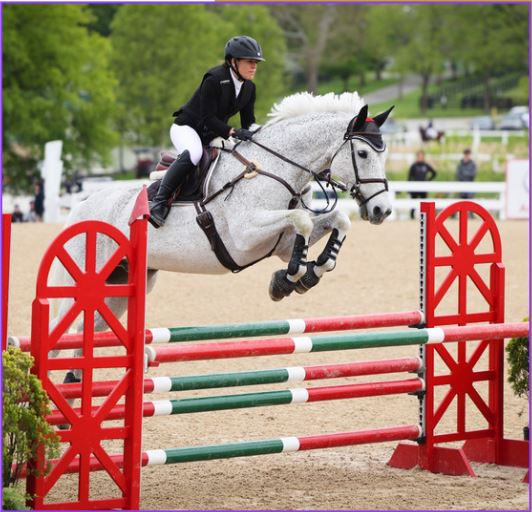
When you feel this, try to find a way to pursue it – no matter what it takes.
- I believe that we can create our own opportunities, and by actively pursuing our ‘passions and dreams, we are giving ourselves the greatest chance at success and happiness.
Recognize where your purpose comes from.
I came to realize that by having a disability myself, I had the power to create change. This wasn’t an epiphany that came to me overnight, but rather was years in the making – an understanding that surfaced long after the frustration, fear, anger, embarrassment, anxiety, isolation, and depression had all mostly ebbed away, and I had accepted my reality. As I continued to pursue my riding, my happiness and quality of life began to increase, and confidence and determination replaced the earlier negative feelings.
A self-sustaining positive emotional circle was established.
While we may have differing ideas on purpose (for example, whether you feel that you have just one or can have many), the importance lies in recognizing that this purpose gives you the power to make a difference: not only in your own life but also in the lives of others. The happiness I’ve come to identify for myself has been the result of intertwining my purpose with my power (which is just another way of saying my will to do a particular thing).
For me, this is the mission of creating positive change for the greater good within the equestrian industry by applying the tools I’ve developed over time as a result of my own unique experiences. In your journey, let the achievements and successes bolster you, but don’t overlook the ability of the challenges and failures to do the same.
Be empowered.
Be empowered by the knowledge that the adversity you have endured grants you the right to react and to have a voice. Always try to be conscious of your deep emotions, so that you can be intentional in how you react to them and how you use them. Harness the emotions that come out of the hardest, most trying times in your life and sculpt them into your own power.
It’s so important to do what you love in life because anything can be taken away from us at any moment. Even if it’s hard or it scares you, still do it! Only you know what you are truly capable of. You have to believe in yourself. This is ‘stepping into your power’.
I haven’t looked back since. Modern neuroscience has proven that we really have no control over our deep, unconscious emotions and needs, but we do seem to have some control over what we do with them once we recognize them at the conscious level.
About the author
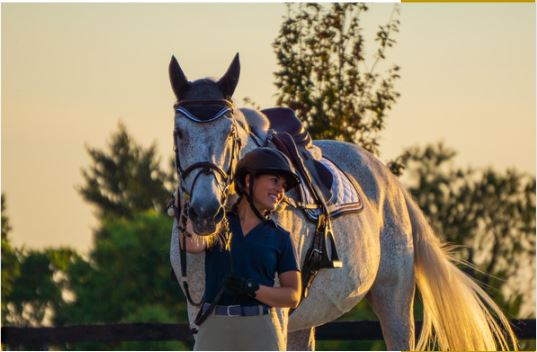
Wren Blae Zimmerman is a legally blind equestrian athlete who competes against able-bodied riders in the sport of show jumping. Since relocating to Kentucky in 2017, Wren has been working to advocate for the sport of para-show jumping to become an officially recognized discipline in the US, with the long-term goal of it becoming a Paralympic sport.
